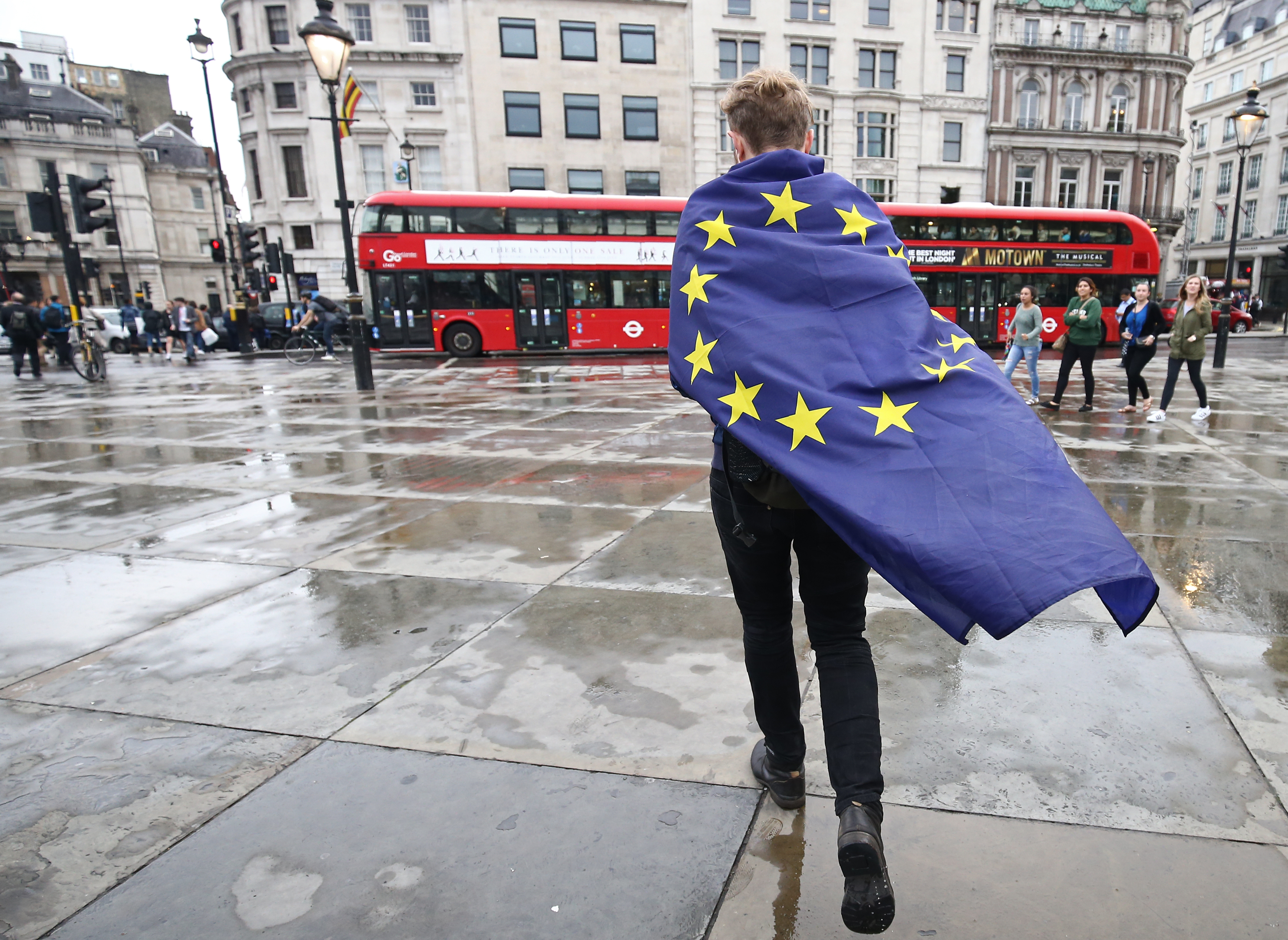A Country in a state of confusion?
Acts of intimidation and violence against foreigners are growing by the day. Far-right groups in action, but widespread discomfort is also felt among the middle classes. The reflections of Catholic economist Hayes and Bishop Kenney, who pointed out that the parishes that welcomed immigrants “have benefited from it, especially in London”

Hate speech like “pachi” or “negro”. Children harassed in schools just because they are Poles. Leaflets with the words “We don’t want Polish worms.” Street brawls among those who oppose foreigners and those who somehow defend them. This is what is happening in the United Kingdom after the Brexit referendum: the vote to exit from the EU seems to have legitimized the resurgence of xenophobia.
Violence vs. tolerance. For the “National Police Chiefs Council”, a law-enforcement division that intervenes when a serious internal danger threatens the Country,
reports of heinous acts against migrants have increased by approximately 400% after June 23, with 331 accidents a week compared to an average of 63 before the referendum.Fra-right movements such as the “English Defence League against Muslims”, the group “Great Britain first” and the neonazi “National Front” are with protesting with rallies in various areas of the Country, while the democratic, anti-fascist groups “Hope, not hate” and “Citizens of London” promote encounters in the areas at serious risk to further tolerance and to help the victims of violence.
This is not good… Mark Hayes, Professor of Catholic social doctrine at Durham University, pours oil on troubled waters. “Although they have increased, such episodes remain limited”, he said. “The whole Country has condemned the far-right that felt entitled to attack foreigners after the Brexit vote.”
These are the real problems paving the way for the wave of xenophobia, the economist said
In fact, “hundreds of thousand of people arrive to the United Kingdom seeking jobs, and our Country is being put under pressure by the rest of Europe for serious unemployment rates.” “I think these migratory movements” inside Europe “are not good” continued Hayes “and I believe that UK citizens were right, at least in part, when they hold the European Union accountable for these flows, demanding stricter border controls.”
“Too many foreigners”. “Acts of racism are seen in places with high numbers of migrants willing to accept lower pay from the local population, which in turn feels threatened because their own wages lose value and public services, such as health and welfare benefits, are insufficient to cover everyone’s needs,” Hayes said. This is what happened in Lincolnshire, where high numbers of migrants from Poland (the largest non-native community on the island) Lithuania and Russia revitalised the rural sector whilst changing the outline of urban centres and their lifestyle, thereby fuelling tensions with local inhabitants. “Unfortunately also in the United Kingdom, with a century-long history of successful integration of ethnic minority groups, xenophobia is nothing new, and tensions caused by high numbers of migrants have already been reasons for clashes in the past.”
Multiethnic environments. Also for the bishop of Birmingham William Kenney, coordinator of the European chapter of the Episcopal Conference of England and Wales, “episodes of racism are a very small phenomenon, due to minority groups with poor education levels that tend to feel excluded,and fail to understand the world in which they live.” In any case
“these shocking episodes must be condemned”
and “I think that only middle or long term solutions could work” said bishop Kenney. “We must create situations where people with different ethnic backgrounds can meet and get to know each other. Our Catholic parishes that benefited from the arrival of thousands of migrants, especially in London, are multiethnic environments that integrated foreign nationals with success, constituting an important workshop of integration.”
Question of identity. Moreover, the United Kingdom is also experiencing a national identity problem, according to the bishop responsible for Europe because
“this Country lost an empire with World War II, and there are groups that haven’t yet accepted this as a fact”“nor do they see reality for what it is. In my opinion – bishop Kenney continued – the United Kingdom belongs to Europe, and with due control of the borders I would like to welcome whoever wishes to come here.”